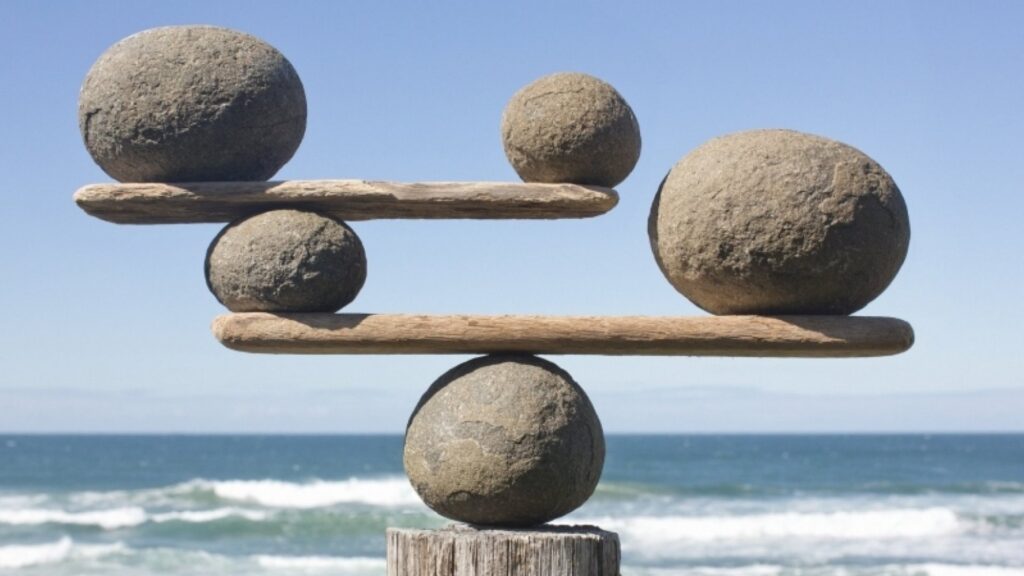And how you can get it right.
When I was 14, a friend shared this quote with me: “If you love something, set it free. If it comes back, it’s yours. If it doesn’t, it never was.”
That quote was by Richard Bach. I read it over many times, wondering what it meant and if it was true. Let go of someone you love as a test to see if they come back? If they do, that’s true love?
Is this the definition of love? What does love look like?
It took me the next few decades to realize that the biggest part about love that we often get wrong is freedom. Letting go is what allows love to flow in.
We’ve been taught that it’s hanging on. It’s making promises until death do us part. Sticking with it at any cost, even if it means betraying your own sense of what you most need and desire.
We try to control love, preserve it somehow from changing, but not realizing that love is the constant. We are the ones who need freedom in love because we are in a perpetual state of change.
Not growing leads to boredom and stagnation. The freedom to be yourself and say what you feel as you move and expand through life can slowly disappear with the one closest to you.
Why?
We want to protect and avoid hurting our partner. What if the one we love isn’t moving in the ways we are? We also know them so well that their negative response or lack of interest can be anticipated.
Why put ourselves out there to face that pain when we’ve learned to avoid it? We tell ourselves, “They won’t understand this part of me. I’ve tried.”
We can even justify this state of our relationship as “being considerate”. Or worse, we tell ourselves this is what it means to love someone unconditionally. What if we had it all wrong?
What if love is really about creating a wide, open space that allows both sides to expand into all you are meant to become? To champion each other towards your highest so you can bring the greatest of who you are meant to be back to your relationship?
I love the definition of love by Dr. Scott Peck, author of The Road Less Traveled: “Love is the will to extend oneself for the purpose of nurturing one’s own or another’s spiritual growth.”
Freedom in love has no boundaries and no limits. It’s abundant in every way imaginable. It has space for the ups and downs — for both the joy and heartache.
We are spiritual beings, and if we are here evolving over time and space to experience true abundance, wouldn’t love give us the freedom for that?
The Dalai Lama says, “Love is the absence of judgment.” To judge another person is what blocks our freedom to grow, and the cause of what we get wrong in love.
Whenever you are annoyed, frustrated, or angry at someone for something you don’t like or agree with, and treat them to your condemnation — judgment is present.
How likely is it that someone can show up fully when you’re making them feel wrong or less than you? Judgment creates a shift towards control and ownership in love that feeds into resentment and disconnection. It sounds, and feels like this:
“How dare you do that?”
“Who do you think you are?”
“I won’t tolerate your behavior!”
“You owe me an apology!”
What if we could see ourselves as different instead of wrong? How would you show up if you knew you could not be wrong with someone?
Love doesn’t matter who’s right. It doesn’t take sides. It offers a different kind of freedom beyond right and wrong.
When you’ve become someone’s judge, you will push away the experience of being in love because your spirit is no longer free to explore. The more controlling and condemning you become in love, the needier and more dependent you are for someone else to change to make you happy.
Lecturing or unwanted advice can be controlling if one side feels like they have no other option but to listen. If you feel obligated to act in ways to avoid disappointing someone, you are being controlled.
Check in with your loved one. What space is available to voice what’s really on your mind and in your heart? Are your opinions and beliefs valued? Are your hopes and dreams heard and understood?
Is there a safe space to discourse on a difficult conversation where everything is placed on the table?
When you run into inevitable conflict, do loved ones shut you down, not listen, get annoyed, lecture, freak out, or dismiss you leaving you feeling disconnected? Do you have the freedom to be the real you?
Where’s the freedom in “I can’t live without you?” Yes, you can. Love is empowering, and missing that person may be painfully sad, but not so disempowering that you cannot survive.
Try, “I can live on because your love gave me the strength to carry on.”
Someone once said, “Where there is love, there is no need for rules.”
Love has that kind of freedom.
“This article was first published at YourTango.com.”




